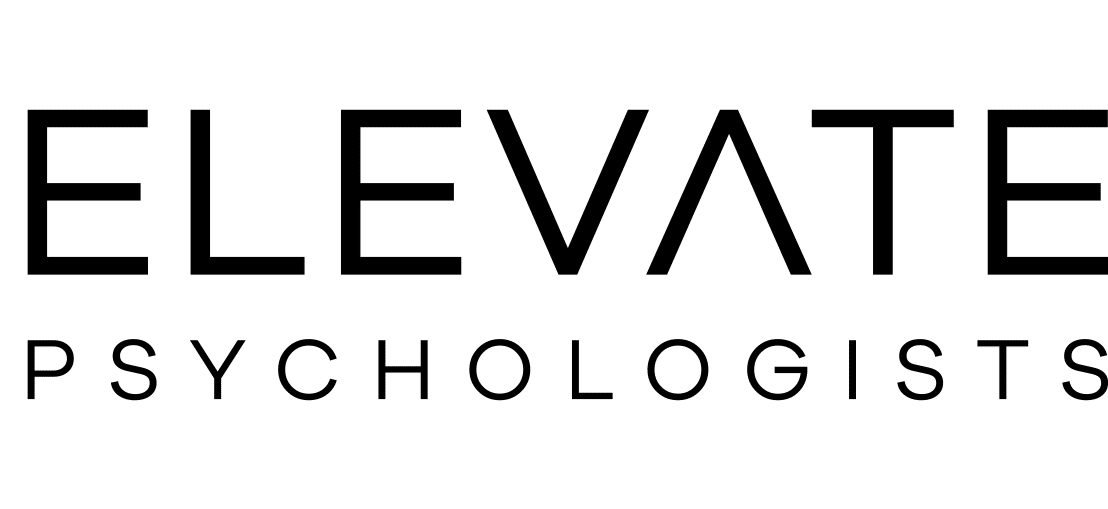Solution Focused Therapy
What is Solution focused Therapy?
Solution-focused therapy is a short-term, goal-oriented therapeutic approach that focuses on identifying and building upon a client’s strengths and resources, rather than dwelling on past problems or deficits. The primary goal of solution-focused therapy is to help clients develop practical solutions to their current problems and achieve their desired outcomes.
In solution-focused therapy, the therapist works collaboratively with the client to identify their specific goals and the steps needed to achieve those goals. The therapist helps the client identify their existing strengths and resources, and encourages the client to apply these strengths to the problem-solving process. The therapist uses a range of techniques to help clients generate solutions, including scaling questions, miracle questions, and exception-finding questions.
Solution-focused therapy is typically brief, with clients typically requiring fewer sessions than other forms of therapy. The therapy can be used to address a wide range of issues, including depression, anxiety, relationship problems, and substance abuse. It can be used in individual, couple, family, or group therapy settings.
